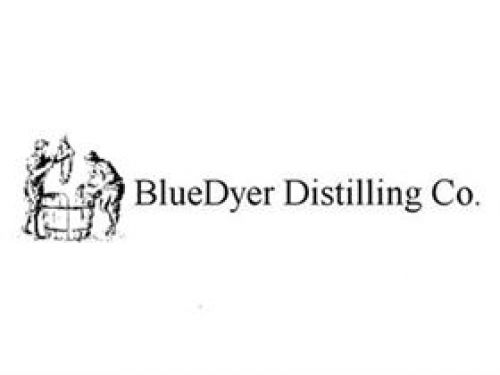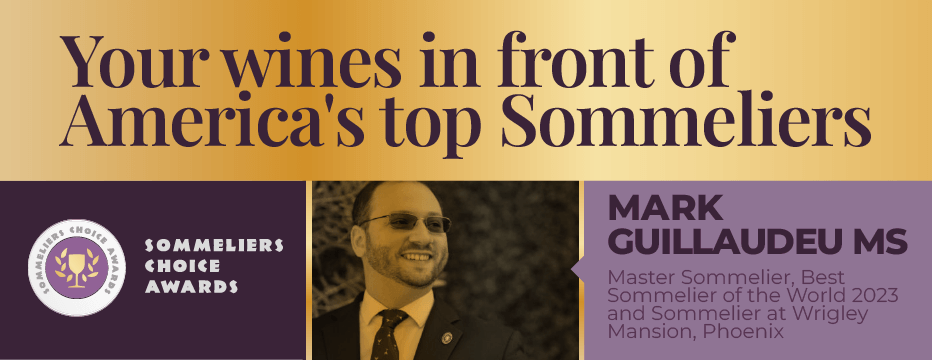Sommeliers Choice Awards 2023 Winners
Waldorf distillery wins national award on first product
Blue Dyer Distilling Co. in Waldorf was in business less than a year when it took home its first award.

Blue Dyer Distilling Co. in Waldorf was in business less than a year when it took home its first award — a silver medal for its Blue Dyer Gold Rum in the aged rum category — at a competition in Baltimore in April.
“We were floored. We decided to enter the product only because this year’s [American Distilling Institute] convention was in Baltimore — we figured we could drive to that,” said Ryan Vierheller, who started Blue Dyer with his friend and business partner Walker Dunbar last year. They got their federal alcohol permit in March 2016 and sold their first bottle of distilled spirits in “late June or early July,” Dunbar recalled.
Next year they’ll have at least two more products to enter into the competition: a bourbon whiskey and a gin. The bourbon was introduced to the public Saturday, May 6, and the gin is due out in late June or early July. Both, like the rum, are hand-crafted from scratch and bottled by hand at their distillery on Industrial Park Drive.
Already, Blue Dyer has grown from self-distributing to working with a large distributor to get its rum into liquor stores and restaurants around the state as well as Delaware and Washington, D.C. And now that Vierheller is working full time — he recently retired from law enforcement and Dunbar hopes to join him by the end of the year — the two are stepping up the whiskey production to get it out beyond the tasting room by early June.
“It will only be available here [in the tasting room] for about the first month,” Dunbar said. “We just don’t have the quantities to send out to stores in the first batch.”
They both said their tasting room customers and liquor stores have been waiting for the whiskey, with some stores telling them they’ll buy more than twice the amount at a time compared to the rum.
“The rum smells really good. People really like it,” Vierheller said. “They comment on the quality and the price point, and then they ask when we’re making whiskey.”
Like the rum, the bourbon is distilled and aged at 110 proof and is cut down to 80 proof, or 40 percent alcohol, when it’s bottled. And while it meets the definition of a bourbon — made from corn, rye, and malted barley and aged in wood barrels — the choice of raw materials and processes make it unique. The grain bill — the quantities of processed grains — is 80 percent corn, 7 percent rye and 13 percent malted barley.
“It’s a little unconventional for a bourbon grain bill with that much corn,” Vierheller said. “And most bourbon grain bills have more rye and less barley. We were able to get a barley that was processed and a rye that was processed and a corn that was processed just the way that we wanted them. It shows a lot bigger of a spicy note, which typically comes from rye than the percentage indicates. Because of the grain processing, we gain use of this unique grain bill and get a unique taste.”
That uniqueness extends to the gin coming this summer. They made three variations and got friends in the industry to taste it and give feedback.
“We had a big juniper, little citrus [variety]; big citrus, little juniper; and one in the middle,” Vierheller said. “We tested it out on friends in the industry, and this is the bigger citrus — it won by a narrow margin.”
He said they are already planning future whiskeys with unique flavors. He and Dunbar have purchased used barrels from One Eight Distilling in the District to impart a different flavor, and other barrel types will also be tried.









